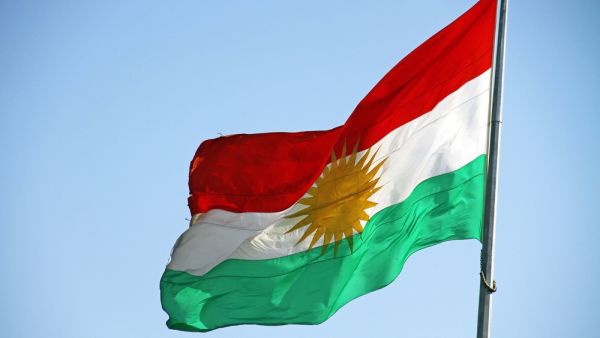- Iran, Iraq, and Turkey are all strongly opposed to calls for Kurdish independence following the controversial referendum of Iraqi Kurds in Erbil.
- New missile systems have been installed along the Iran-Iraq border in case of a potential invasion. Iran has also canceled flights to and from Iraqi Kurdistan.
- Iraqi Prime Minister Haider al-Abadi has demanded the surrender of Kurdish region airports by Friday.
- Turkey has threatened to severe oil export pipelines out of the Iraqi Kurdish region.
Iran vowed to stand with Iraq and Turkey against calls for Kurdish independence following the staging of a controversial referendum on the matter by the Iraqi-Kurdish leadership in Erbil.
All three countries have significant Kurdish minorities, causing huge concern among the governments in Tehran, Ankara, and Baghdad since the referendum was held.
"The Iraqi people won't stand silent. Iran and Turkey and other regional countries won't stand silent and will stand against this abhorrent deviation," Ali Akbar Velayati, top advisor to Iran's Supreme Leader Ali Khamenei was quoted as saying by the ISNA news agency as saying.
"The Muslim nations will not allow the creation of a second Israel," he added, comparing a potential independent Kurdish state to Israel, created in 1948.
On Tuesday, state media also reported that an Iranian army commander confirmed that new missile systems had been installed along the Iran-Iraq border to "firmly respond to any invasion".
This latest action follows Tehran's canceling of all flights between Iraqi Kurdistan and Iran on Sunday.
Baghdad has also taken action following the election, with Prime Minister Haider al-Abadi demanding that Iraq's autonomous Kurdish region surrender control of its airport by Friday.
Turkey, meanwhile, has threatened to sever the pipeline that exports oil out of the resource-rich Kurdish region of Iraq.
- Turkish FM Threatens Iraqi Kurdistan with Possible Military Action
- Syrian Kurdish Autonomy is Negotiable, Says Assad Regime
Claims of victory
In a televised address on Tuesday, Iraqi-Kurdish leader Massoud Barzani called on Iraq's federal government to engage in "serious dialogue ... instead of threatening" Iraqi-Kurdistan's government with sanctions.
"We may face hardship but we will overcome," Barzani added, urging world powers "to respect the will of millions of people" who partook in the referendum.
Early poll results indicate an overwhelming 'yes' victory of over 90 percent, according to Kurdish broadcaster Rudaw.
The final result is expected to be announced on Wednesday.
While the outcome of the referendum is non-binding, it is expected that Barzani will attempt to use a possible 'yes' victory to bolster his mandate to negotiate the future of Iraqi-Kurdistan with Baghdad.
For now, however, Baghdad has ruled out talks on the matter.
This article has been adapted from its original source.








